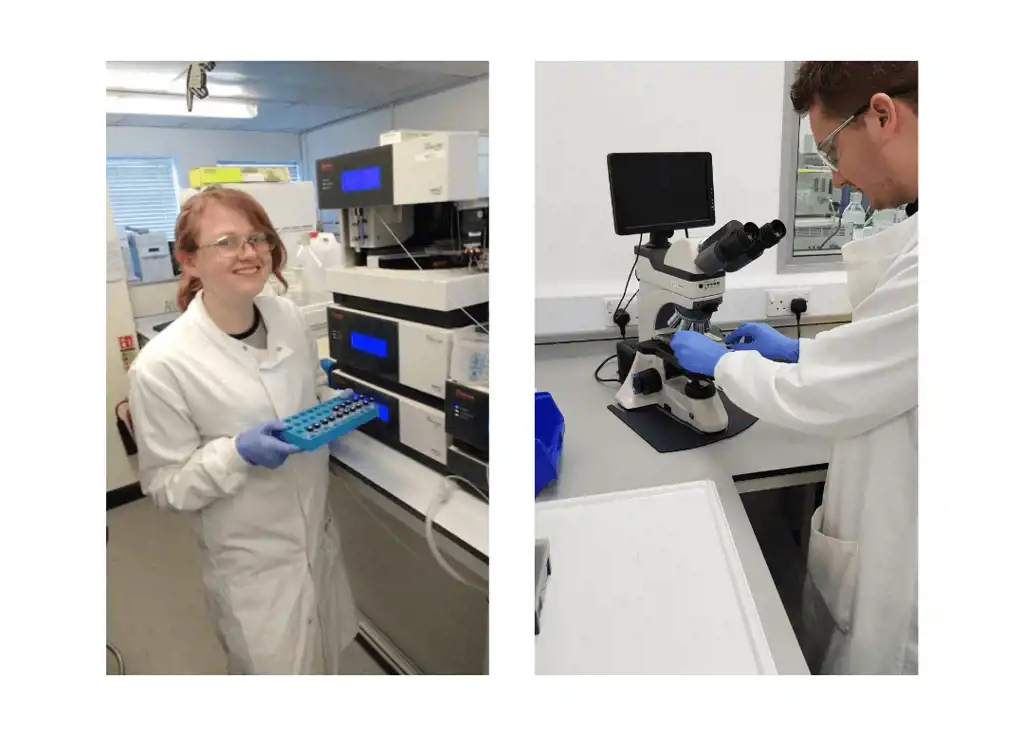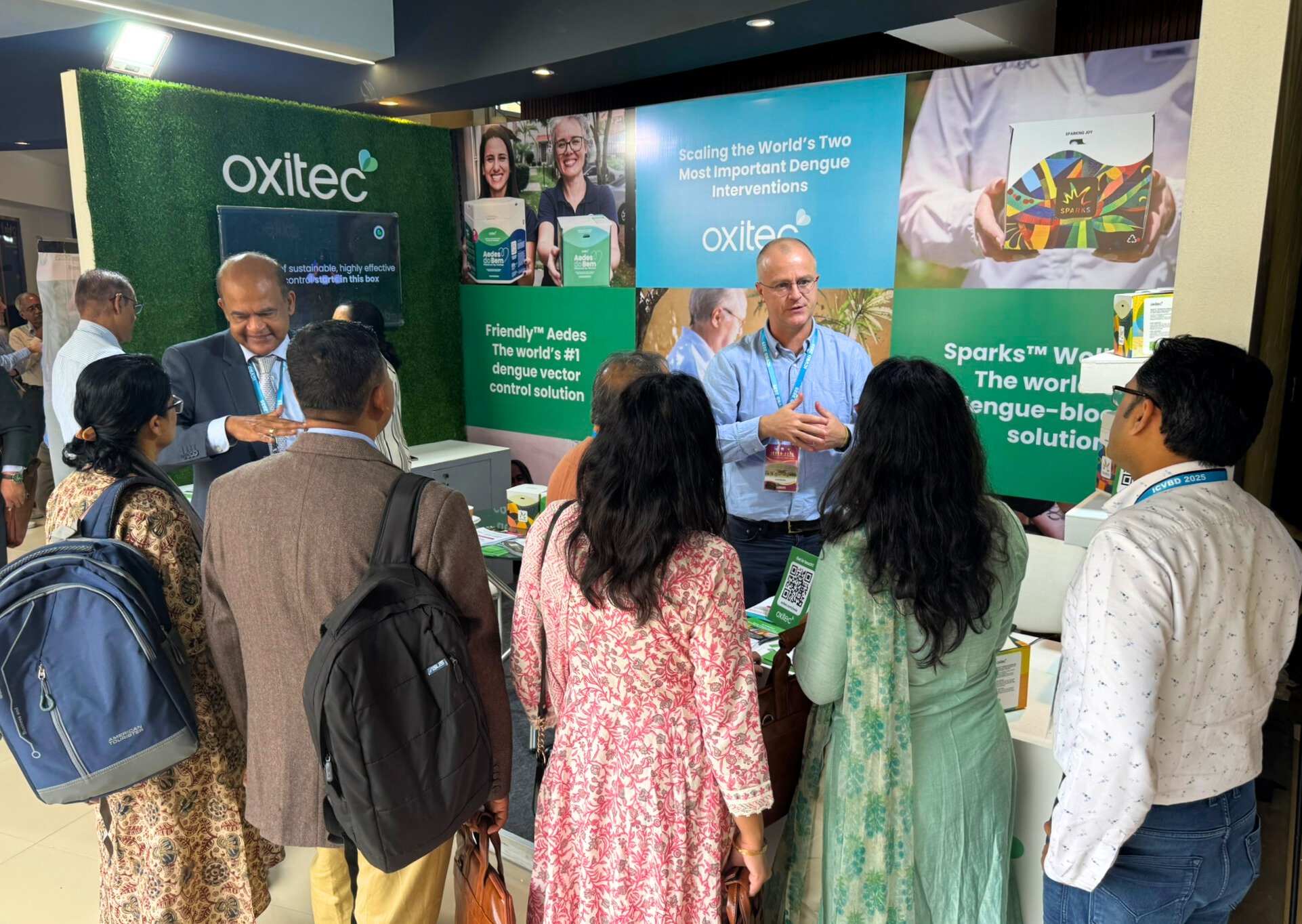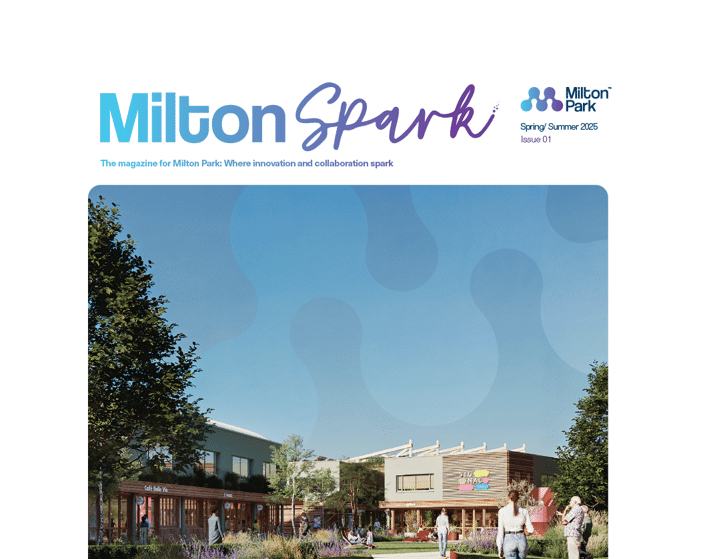Helping apprentices #BuildTheFuture at Milton Park
Published on 9 February 2022

National Apprenticeship Week is with us once again, giving an opportunity to shine a light on the amazing work undertaken by apprentices and employers across the UK.
Apprenticeships are becoming an ever-more popular way to launch a career. Recent figures back this up, with over 40% more school leavers choosing to undertake an apprenticeship in 2021 than compared to the previous year.
This year’s theme for National Apprenticeship Week – “Build the Future” – is a point which certainly mirrors what’s been happening here at Milton Park.
We recently caught up with Emily Rose and Tim Rayment, who completed their apprenticeships at protein technology firm Biocleave. We learned more about what life is like as an apprentice working at Milton Park and how apprenticeships can help build future careers in science and technology.
Hi both! What did you complete your apprenticeship in?
Emily: Hi! I decided to work towards a Level 3 Laboratory Technician Apprenticeship. As part of this, I completed a BTEC in Applied Science and an NVQ Diploma in Laboratory and Associated Technical Activities.
Tim: Hello! I studied for a Level 5 Apprenticeship in Industrial Biology.
Tell us a little about what your apprenticeship with Biocleave involved…
Emily: So, part of what Biocleave did when I worked there was to use bacterial fermentation to turn sugar into useful chemicals – like acetone, butanol, and ethanol. I was in the Analytical Chemistry department, where we were given samples from the fermenters and measured what was in them – how much sugar had been consumed and how much product had been made.
From this, I learned so much about analytical techniques which are used throughout the industry and can be applied to many different scientific jobs.
Did you enjoy working on Milton Park during your apprenticeship?
Emily: There’s a real buzz at Milton Park – there’s always lots of energy around the Park and it’s exciting to be surrounded by innovation. My theory classes took place on a Tuesday at the Innovation Centre with other apprentices working at Milton Park. For practical lab-based lessons, we got to visit each other’s workplaces and collaborate with one another.
Tim: Milton Park is great – it’s really accessible and so easy to get to. With lots of amenities on the Park it means you’re never far from what you need. Being part of a community of like-minded people who are passionate about science and technology really makes you feel like you belong.
Did you feel well supported by your mentors?
Emily: My manager was fantastic; it was a bit scary going into a workplace straight after completing my A-Levels, but with their mentorship I gained confidence in my knowledge and understanding. My main tutor was Rob Green, the director of CSR Group. CSR provide scientific training for lots of businesses at Milton Park. Rob was really helpful and helped to make the apprenticeship fun. Rob has since supported me in getting further qualifications as well as being a reference in job applications.
Tell us a little about what you’re doing now – how does what you learned during your apprenticeship help you in your career now?
Emily: Once I completed my apprenticeship with Biocleave, I moved to Kent to study for a degree-level apprenticeship with Pfizer and am fortunate to have since secured a full-time position at the firm. I’m really excited to graduate! In the span of my career, I hope to see a fully automated laboratory, with robots doing the lab work and AI making the decisions… that would be amazing to see.
Tim: At the end of my apprenticeship, I was offered a permanent position at Biocleave, so now I’m working as a Research Technician in the molecular biology department.
My apprenticeship helped me learn the lab skills that would be essential in my new role, and introduced me to many different people, giving me confidence in communicating with people at various levels in the company. This has been important now that I have more responsibility and work more independently. By working in different departments during my apprenticeship, I was able to get a good feel for the path I wanted to go down when the apprenticeship came to an end.
What one piece of advice would you give to someone who is considering an apprenticeship?
Emily: I didn’t want to go to university after finishing my A-Levels; it seemed an awful lot of money to spend on something I was unsure about. My Level 3 apprenticeship was a fabulous taster of the industry – I gained skills, qualifications, a network, and a better understanding of the types of jobs available within chemistry.
If you’re unsure of what your next step could be, do look into an apprenticeship; it could be the making of you.
Tim: You really do get out what you put in – so if you do choose to go for an apprenticeship, make the most of it! Do all of the research you can to get a feel for the company you’re looking to work for and make sure to ask lots of questions.



